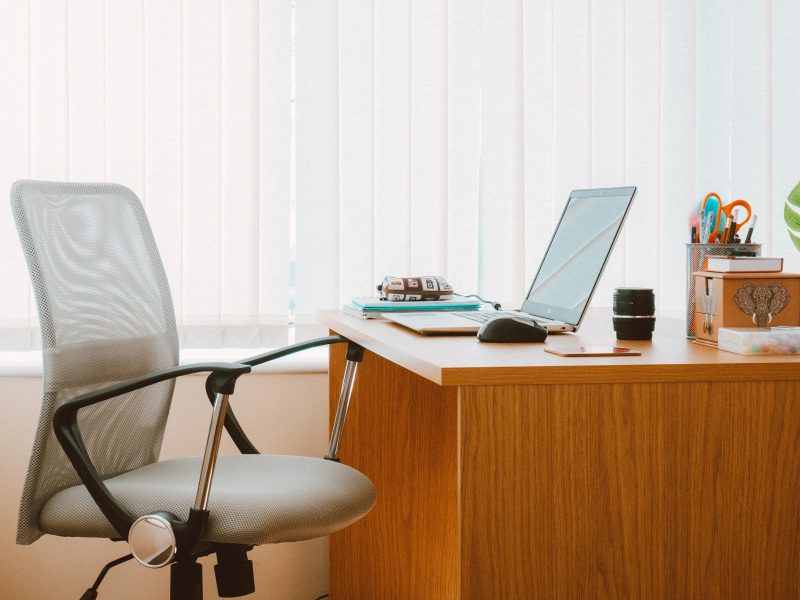As no extension has been announced in respect of the deadlines for either entering into a PSA agreement with HMRC, submitting forms P11D, or submitting PSA information to HMRC, now is the time to compile the information needed to complete the 2019/2020 returns.

If you already have a PSA in place, you need to consider whether it needs any amendments for the 2019/20 tax year. If you do not currently have a PSA in place, you need to identify whether you need to enter into one for the 2019/2020 tax year. The deadline for having a signed agreement in place for 2019/20, and updating your current agreement, is the 6th July 2020. Now is also a good time to consider whether you need to set up a PSA for the 2020/2021 tax year.
A PSA is an annual agreement with HMRC, under which the employer enters into a contractual agreement to bear the tax and Class 1B Employers NIC on specific small items that HMRC deem to be taxable, but the employer does not want to include on the employee’s P11D return.
Typical examples of items that can be included in the PSA are:
- awards, such as gift vouchers provided to employees as rewards for good work, or incentives;
- staff entertaining events that do not meet HMRC’s concessions, such as team meals, after work drinks, team building events;
- staff gifts not covered by the Trivial Benefits exemption because they are more than £50, or they relate to employment, work done, or targets met;
- Long Service awards or gifts for less than 20 years’ service, as these are not covered by the relevant legislative exemption; and,
- Retirement gifts, awards, and functions.
The tax liability met by the employer is calculated on a grossed-up basis at the appropriate marginal tax rate. Employers Class 1B NIC is also due on the grossed-up value.
New – Covid-19 expenses for PSAs
HMRC has recently stated that any expenses reimbursed to employees in respect of office equipment, e.g. desk, chair, etc, for working at home during the current lockdown will be taxable, and suitable for inclusion in a PSA. This is because the employee is temporarily home based, and, therefore, there is mixed private and business use of the equipment. HMRC have also said that where an employee must self-isolate and cannot do so in their own home, employers are able to reimburse hotel expenses and subsistence costs, but the expenses for accommodation and subsistence costs are taxable under the normal rules. This means if the accommodation is at/near the normal place of work, or home, there is a potential benefit in kind charge.
Laptops, tablets, computers, and office supplies are non-taxable, if they are mainly used for business purposes and do not have significant private use. To be exempt from tax, they must be an essential tool for the job, and an employer must be able to evidence that they are not available for significant private use. HMRC accepts that for these items, in situations where the employer’s policy about private use is clearly stated to the employees, and sets out the circumstances under which minimal private use may be made, and where any decision of the employer not to recover the costs of minimal private use is a commercial decision, based on the impractical nature of doing so rather than a desire to reward the employee, no benefit in kind will arise.
HMRC states that the employer’s policy may include making the conditions clear in employment contracts or asking employees to sign a statement acknowledging the company policy on what use is allowed, and any disciplinary consequences if this policy is not followed.
If you already have a PSA in place with HMRC, any expense incurred which is related to COVID-19, which would otherwise be a benefit in kind for the employee, can now be included in the PSA. This is in respect of benefits provided in either the 2019/2020 or 2020/2021 tax years.
If you do not already have a PSA in place, and you have provided reportable benefits to your employees during the Covid-19 lockdown that you do not wish them to bear the tax on, you should apply to HMRC for a PSA now. If the reportable benefits were provided to employees prior to the 6 April 2020, you need to have agreed a PSA with HMRC by the 6th July 2020 for the 2019/20 tax year.
If you would like any further information regarding this issue, or would like to understand how Smith Cooper can help you to manage applying for, and submitting a PSA to HMRC, please contact Laura Parr or Mick Verney in our Employment Tax Team.




